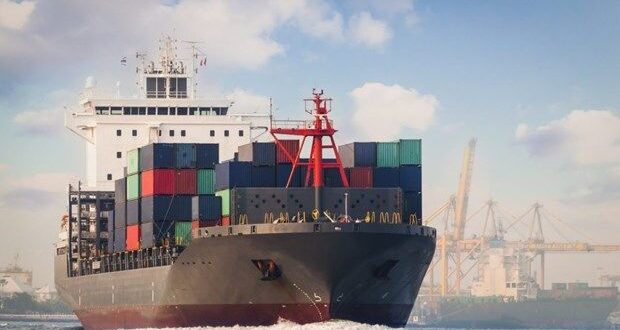PETALING JAYA: Shipping exporters should refine business strategies amidst the unfolding crisis in the Red Sea, says the Federation of Malaysian Manufacturers (FMM).
FMM president Tan Sri Soh Thian Lai said this comes as the crisis in the area has forced several of the world’s largest shipping firms to divert vessels to a much longer route around the southern tip of Africa.
“Circumnavigating Africa adds one to two weeks to voyage time, and this drives up the cost to export goods to North Africa, the Middle East and Europe as freight rates are expected to triple compared to last year,” he said in a statement on Monday (Jan 15).
ALSO READ: Inflationary pressure expected to be manageable
Soh added that this also causes delays in ships returning to Asia and Malaysian exporters will have to brace for the possibility that the availability of empty containers will be in tight supply again due to the crisis in the Middle East.
Among the strategies proposed by Soh are advanced export bookings, shipping lines to give their support, and for manufacturers to shift their dependence to the South-East Asian region by nearshoring and sourcing from within the region.
“In light of fluctuating freight rates and uncertain transit times, shippers need to prepare container bookings and shipping schedules preferably one month in advance for exports to affected markets.
“For goods that are not time-sensitive, it is advisable to wait until the first few weeks of February during the Chinese New Year holiday as freight costs are expected to decrease during this period,” he added.
ALSO READ: Oil climbs 1% as tankers avoid Red Sea
FMM also called on shipping companies to honour the pre-booked freight rates given to Malaysian shippers without adjustment.
“Any announcement on new increase in freight rates or introduction of surcharges should be communicated transparently and negotiated directly with shippers to allow exporters to plan and negotiate with their importers,” Soh said.
Manufacturers could consider combining various modes of transportation such as sea, air, rail and road, to optimise shipping routes as a means to reduce delays and lower shipping costs, he added.
“While air freight may not cater for a large volume of cargo, it can still offer more flexibility and reduce transit time exponentially for urgent shipments of high-value cargo,” Soh said.
He added that shipping disruptions stemming from the Red Sea crisis may be compounded by other threats such as extreme weather events or shifting geopolitical tensions which will further damage the already distressed supply chains.
FMM also urged the government to keep a close watch on the situation to ensure the impact did not escalate and further burden businesses and the economy.
ALSO READ: Shippers, carriers to gain from Mid-East conflict
“Malaysian manufacturers will need to be vigilant and proactively plan their operations to withstand additional shocks,” he added.
According to recent reports, major shipping companies stopped using Red Sea routes and the Suez Canal in December.
This is owing to Yemen’s Houthi militant group targeting vessels in response to Israel’s war on Hamas in Gaza.The attacks have cut off access to the Suez Canal – the shortest shipping route between Asia and Europe.
The Red Sea serves as the entry point for ships using the Suez Canal, which was opened in 1869.
It is one of the busiest canals globally, accounting for approximately 12% of global trade and playing a vital role in the movement of goods between Asia and Europe – 23,583 ships used the canal in 2022.
 BeritaKini.biz Berita Viral Terkini di Malaysia
BeritaKini.biz Berita Viral Terkini di Malaysia





